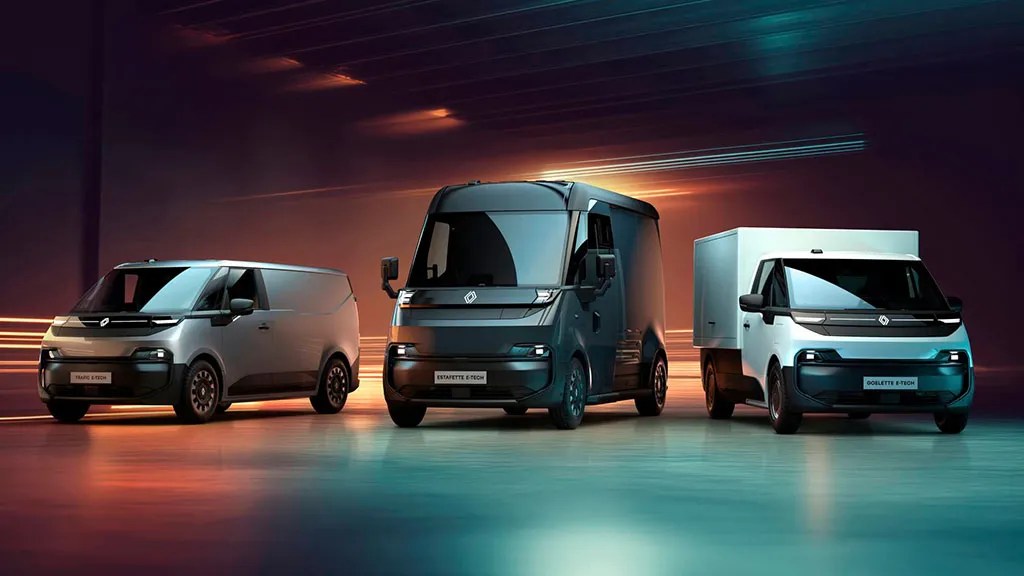
French hydrogen firm Hyvia has been given a stay of execution. The Commercial Court of Versaille has given Hyvia a few extra weeks to get through its insolvency proceedings and find a buyer – but, frankly, it ain’t lookin’ good.
Hyvia began life as a joint venture between French carmaker Renault and American company Plug Power in 2021, but as anyone with more than a social media headline-deep knowledge of hydrogen’s shortcomings as a transportation already know: it’s impossible for hydrogen to compete with BEVs.
The facts surrounding hydrogen fuel cells remain the kind of lessons that people insist on learning the expensive way, however – and companies like Hyzon, Nikola, and even GM seem intent on spending more millions to learn them, even as genuine engineering experts like Mahle insist that the costs (and carbon emissions) of hydrogen remain impractically high for all but the most specialized use cases.
To its credit, Renault seems to have learned those rather expensive lessons about hydrogen well – and has learned so much about hydrogen that it’s committed to a full range of battery electric delivery vans. The French carmaker’s new vans range in size from something like an MPV/minivan on up to a box van and something like one of the Amazon delivery vans built by Rivian called the Estafette E-Tech (below, center).
Renault commercial electric vans

But this article isn’t about Renault’s EVs, it’s about the hydrogen-powered Hyvia brand – and Hyvia doesn’t seem to be long for this world. That hard truth becomes even more obvious when you read the company’s own statement on the matter, which is almost wholly devoid of self-awareness and full of external blame:
For three years, HYVIA, one of the first companies to invest and innovate in hydrogen mobility, has developed an offer, in a market which unfortunately still remains absent.
The too slow evolution of hydrogen mobility ecosystems in Europe and the very significant development costs required for H2 innovation led to this decision.
When I first wrote about Hyzon retreating from Australia’s shores, I noted something interesting: Australia’s commercial BEV sales were booming. The same is true in the US, as well, with Cox Automotive expecting fully 1 in 4 new cars sold this year to be fully electric.
It seems like the market has spoken, then – and hydrogen has lost.
